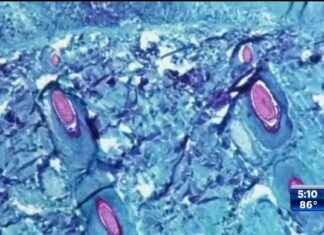The Food Bank has recovered 26,887 kilos of food at the Alimentaría fair, a figure that represents an increase of more than 30% compared to the previous edition.
The president of the Barcelona Food Bank, Lluís Fatjó-Vilas, highlighted that thanks to this recovery, “we have prevented food from becoming waste,
and, on the other hand, we contribute to their reuse, since we deliver them to social entities that are caring for people in vulnerable situations.”
The president of the entity also wanted to “express satisfaction and gratitude to all the people and donors who have made it possible”, as well as to Alimentaria and Fira de Barcelona “for their trust in holding us responsible for the collection and management of the food surpluses.
Of the total kilos recovered, 11,558 are dry product, 11,214 fresh product and 4,116 frozen product.
The collection of food, suitable for human consumption, was carried out yesterday afternoon in the seven pavilions of Alimentaria, once it was closed to the public, and was possible thanks to the participation of about 80 people from the Food Bank, both staff own as volunteers from individuals and companies, such as Zurich, Nissan, Cargill or Microsoft.
Last night, the food was already transferred to the facilities of the Food Bank headquarters, thanks to the fleet of trucks available to the entity.
In addition to this action to collect surplus food, the Food Bank has been present throughout the fair at Alimentaría (in a stand located in pavilion 6), and has carried out contact and support actions for the different companies and exhibitors to offer their integrated and agile management of donations and surpluses not only during the course of the event but through continued collaboration.
The Food Bank offers collaborating companies its strongly consolidated recovery and logistics network, which allows it to manage and distribute large volumes of food and facilities designed to manage everything.
type of food, including chilled and frozen. All of this allows us to serve a network of more than 300 social entities to distribute food to people in vulnerable situations.








